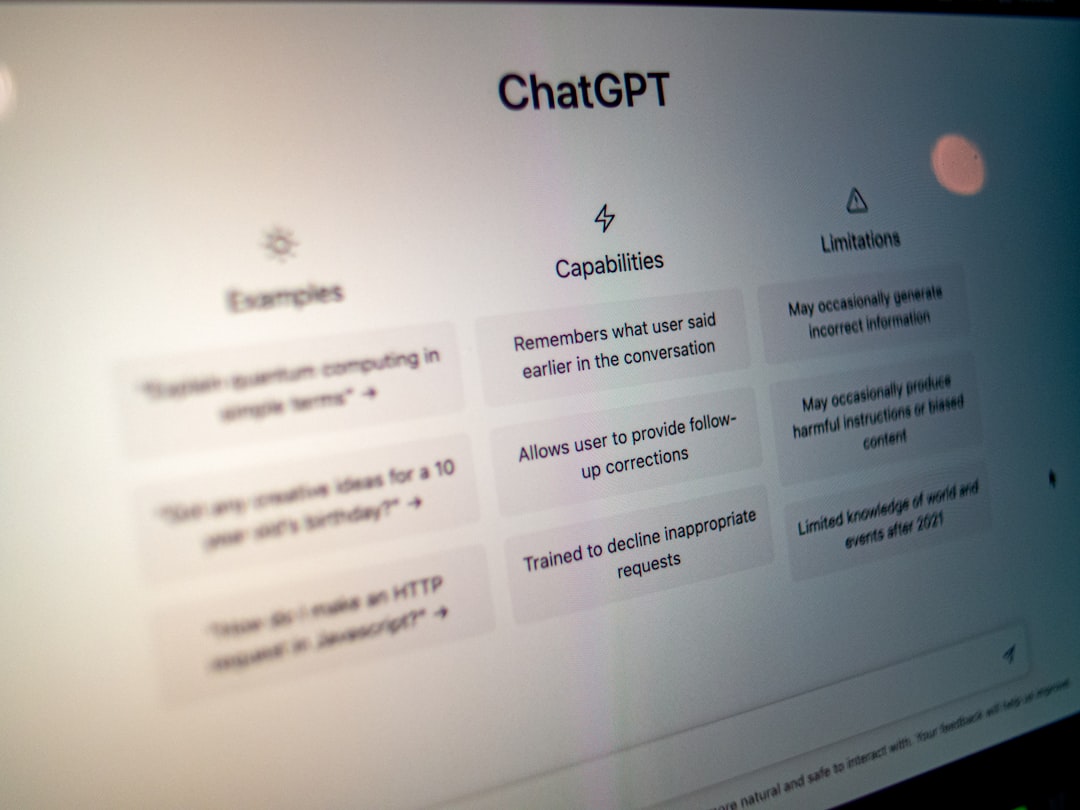With the rise of AI-powered tools like ChatGPT, content creation has undergone a dramatic transformation. Businesses, bloggers, and digital marketers are now leveraging these tools to generate articles, product descriptions, and even social media posts. However, many are left wondering: Does ChatGPT-generated text hurt your SEO? The answer, as with many things in digital strategy, is not black and white. In this article, we’ll explore the potential risks and advantages of using AI-generated content and provide guidance on how to use it effectively without damaging your SEO performance.
The Role of AI in Content Creation
AI tools can write compelling, well-structured content in a fraction of the time it takes a human. This efficiency has made them popular in industries looking to scale their content strategy. However, producing high volumes of content quickly doesn’t guarantee positive SEO outcomes. The quality, relevance, and originality of that content still matter greatly in the eyes of search engines like Google.

What Does Google Say?
Google’s policies do not categorically prohibit AI-generated content. In its official documentation, Google notes that “appropriate use of AI or automation is not against our guidelines.” The core principle remains the same: content should be created primarily to help users and not manipulate search engine rankings.
That said, AI-generated content that is spammy, misleading, or lacking originality could be penalized. Here’s what Google is particularly concerned about:
- Thin content: Articles lacking substantial value or unique insights.
- Keyword stuffing: Overuse of SEO keywords without proper context.
- Low-quality writing: Grammatical errors or incoherent structure.
Since AI outputs are based on existing data and patterns, they can sometimes result in repetitive phrasing or generic language. Without careful editing and customization, this could lead to poor user experience, which in turn negatively affects SEO.
How ChatGPT-Generated Content Can Support SEO
When used correctly, ChatGPT can enhance your SEO strategy. Here’s how:
- Speed and scalability: Generate blog drafts, FAQs, meta descriptions and outlines quickly.
- Idea generation: Come up with content topics, heading structures, and keyword ideas.
- Consistent tone and style: Maintain brand voice across multiple pieces of content.
Best Practices When Using AI for SEO
If you plan on using ChatGPT-generated content in your SEO strategy, follow these best practices to avoid potential pitfalls:
- Edit and customize: Always revise AI content to make sure it’s accurate, up-to-date, and tailored to your audience.
- Add original insights: Incorporate your own expertise, opinions, or data to provide unique value.
- Maintain E-E-A-T: Ensure your content aligns with Google’s Experience, Expertise, Authoritativeness, and Trustworthiness framework.
- Use internal linking: Connect your AI-generated pages to other relevant parts of your site to build content clusters.
- Focus on user experience: Structure content logically, use headings properly, and ensure fast page loads.

By following these procedures, you can leverage the power of AI while staying aligned with SEO best practices.
When AI Can Harm SEO
Despite the benefits, there are situations where AI-generated text can pose an SEO risk. Here are a few red flags to watch for:
- Duplicated content: If your content matches or closely resembles other AI-written material, it could be flagged for plagiarism or lack of uniqueness.
- Misleading information: AI does not always produce factually correct content. Publishing inaccurate information can lead to lower trust and higher bounce rates.
- Automated spam: Mass-producing low-quality content in hopes of gaming the algorithm is a direct violation of Google’s spam policies.
To stay on the safe side, always combine AI efficiency with human insight and ethical content creation.
Conclusion
So, does ChatGPT-generated text hurt your SEO? Not inherently. The key lies in how the content is created and used. If you’re relying on AI to *supplement* your human-driven content strategy—rather than replace it entirely—you can benefit from increased productivity without sacrificing quality.
AI can be a valuable SEO tool, but not a complete replacement for authentic, thoughtful content. Focus on providing value to your readers, and search engines will reward your efforts.



